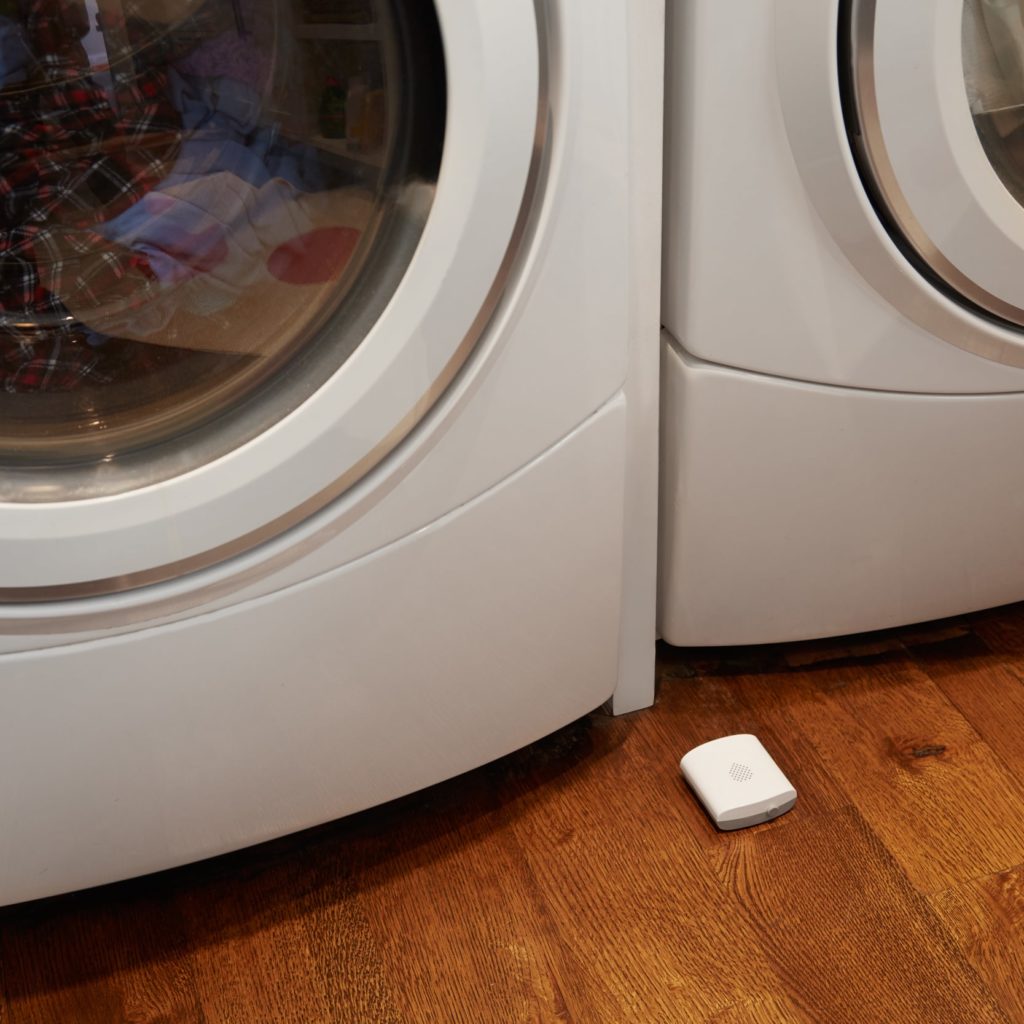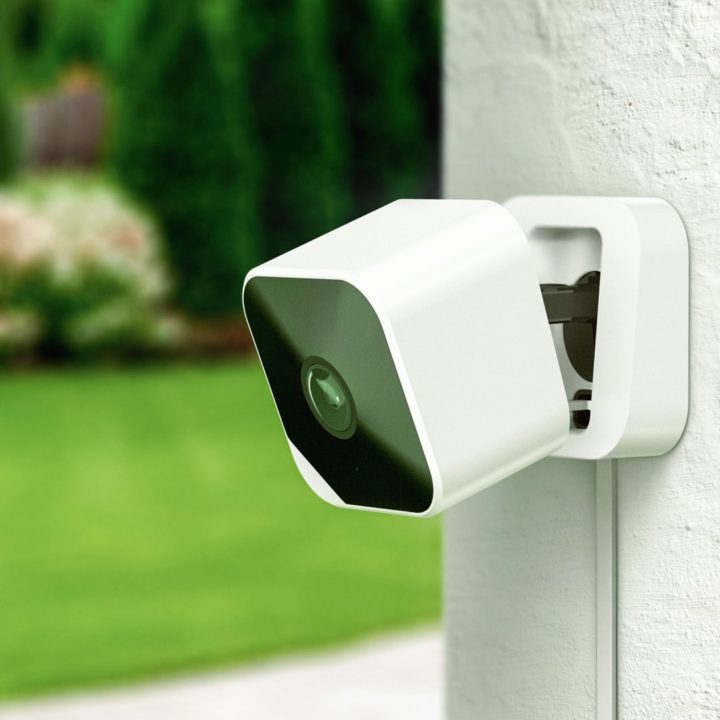Security Accessories
5 Ways To Prevent Water Damage

Water damage in your home could cost tens of thousands of dollars to repair, but it’s easy to prevent if you take the right steps. Leaks and flooding are caused by problems with the exterior of your property, such as the roof, or interior issues like burst pipes. Following the tips below will help you to avoid water damage.
1. Check the pipes
Avoid clogs in drains by ensuring that you don’t allow anything into the drains that shouldn’t be there. For example, don’t tip oil or grease into the drain in your kitchen sink, and use hair traps in your shower and bathtub. Regularly check for any pools of water under pipes and appliances that may indicate a leak, and keep an eye on your water bill to make sure it isn’t going up unexpectedly (which could also be a sign of a leak).
2. Schedule regular inspections
You might want to schedule an annual plumbing maintenance inspection with a professional. Experts are likely to spot things that homeowners miss, and they will know when parts need to be replaced before a problem ever arises. They should also be able to give you tips on how to prevent your pipes from freezing in winter, which may cause the pipes to burst and lead to a flood.
You might want to schedule an annual plumbing maintenance inspection with a professional. Experts are likely to spot things that homeowners miss, and they will know when parts need to be replaced before a problem ever arises. They should also be able to give you tips on how to prevent your pipes from freezing in winter, which may cause the pipes to burst and lead to a flood.
3. Install water leak sensors
Water leak sensors that are part of your smart home security system can send an alert to your phone as soon as a leak is detected. This allows you to take action immediately, which significantly reduces the risk of major water damage. Ideally, you should have two sensors in your bathroom; one under the sink plumbing and one at the base of the toilet. The kitchen sink should have a sensor, along with any appliances that use water like the fridge, dishwasher, and washing machine. Your boiler, basement, and sump pump should also be covered. Another smart home device that could help you avoid water damage is a remote control function that turns off the main shutoff valve for the water. If you don’t have this yet, make sure everyone in your home knows where the valve is so you can shut it off manually as soon as possible.
Water leak sensors that are part of your smart home security system can send an alert to your phone as soon as a leak is detected. This allows you to take action immediately, which significantly reduces the risk of major water damage. Ideally, you should have two sensors in your bathroom; one under the sink plumbing and one at the base of the toilet. The kitchen sink should have a sensor, along with any appliances that use water like the fridge, dishwasher, and washing machine. Your boiler, basement, and sump pump should also be covered. Another smart home device that could help you avoid water damage is a remote control function that turns off the main shutoff valve for the water. If you don’t have this yet, make sure everyone in your home knows where the valve is so you can shut it off manually as soon as possible.
4. Protect your basement
Basements are one of the most common areas for flooding because they’re located so close to the ground. If the soil becomes over-saturated, it can seep through existing cracks or cause new ones when the ground becomes unstable and the foundations move. Basement waterproofing is quite expensive, but serious water damage could cost you much more to repair. Another good way to avoid basement leaks is to check the grading of the soil around your home. Make sure the slope runs away from the foundations rather than towards it.
Basements are one of the most common areas for flooding because they’re located so close to the ground. If the soil becomes over-saturated, it can seep through existing cracks or cause new ones when the ground becomes unstable and the foundations move. Basement waterproofing is quite expensive, but serious water damage could cost you much more to repair. Another good way to avoid basement leaks is to check the grading of the soil around your home. Make sure the slope runs away from the foundations rather than towards it.
5. Get your roof checked
Any damage to your roof could allow water to seep into your home. This could be broken or missing shingles, or corrosion in the flashing, which is the metal sheets that protect joints in the roof. Regularly check your guttering isn’t blocked so that water runs off efficiently. Try to position the downspouts a good distance from your property, which should be at least four feet and preferably up to ten feet. It’s best to arrange professional roof inspections to be safe.
Any damage to your roof could allow water to seep into your home. This could be broken or missing shingles, or corrosion in the flashing, which is the metal sheets that protect joints in the roof. Regularly check your guttering isn’t blocked so that water runs off efficiently. Try to position the downspouts a good distance from your property, which should be at least four feet and preferably up to ten feet. It’s best to arrange professional roof inspections to be safe.
We understand that a lot of homeowners don’t schedule regular roof or plumbing inspections if nothing seems to be wrong, and we also appreciate that not everyone has several thousand dollars to spend on basement waterproofing. Even if it’s not possible to cover every step in this guide, you can protect your home in a simple and affordable way by using water leak sensors.

